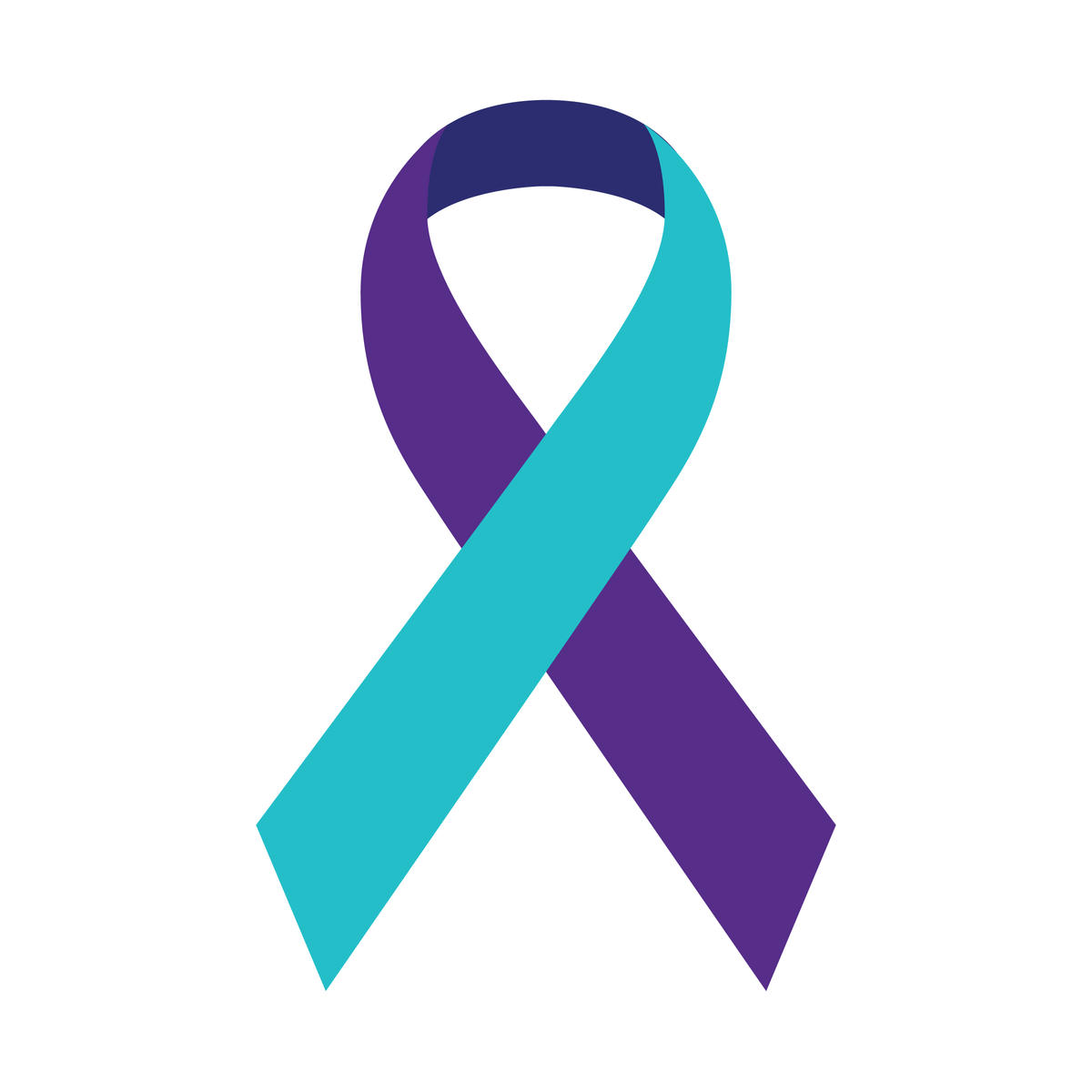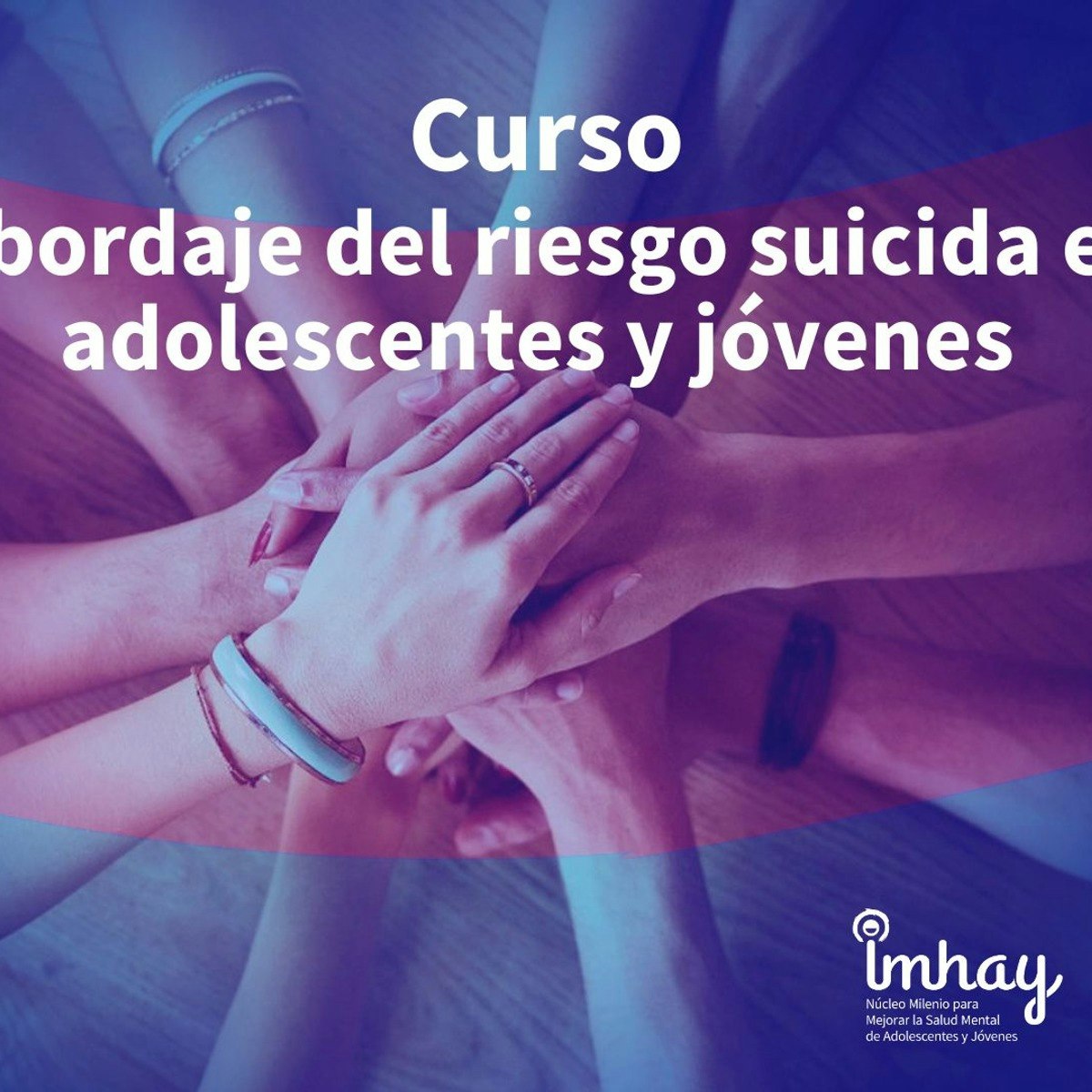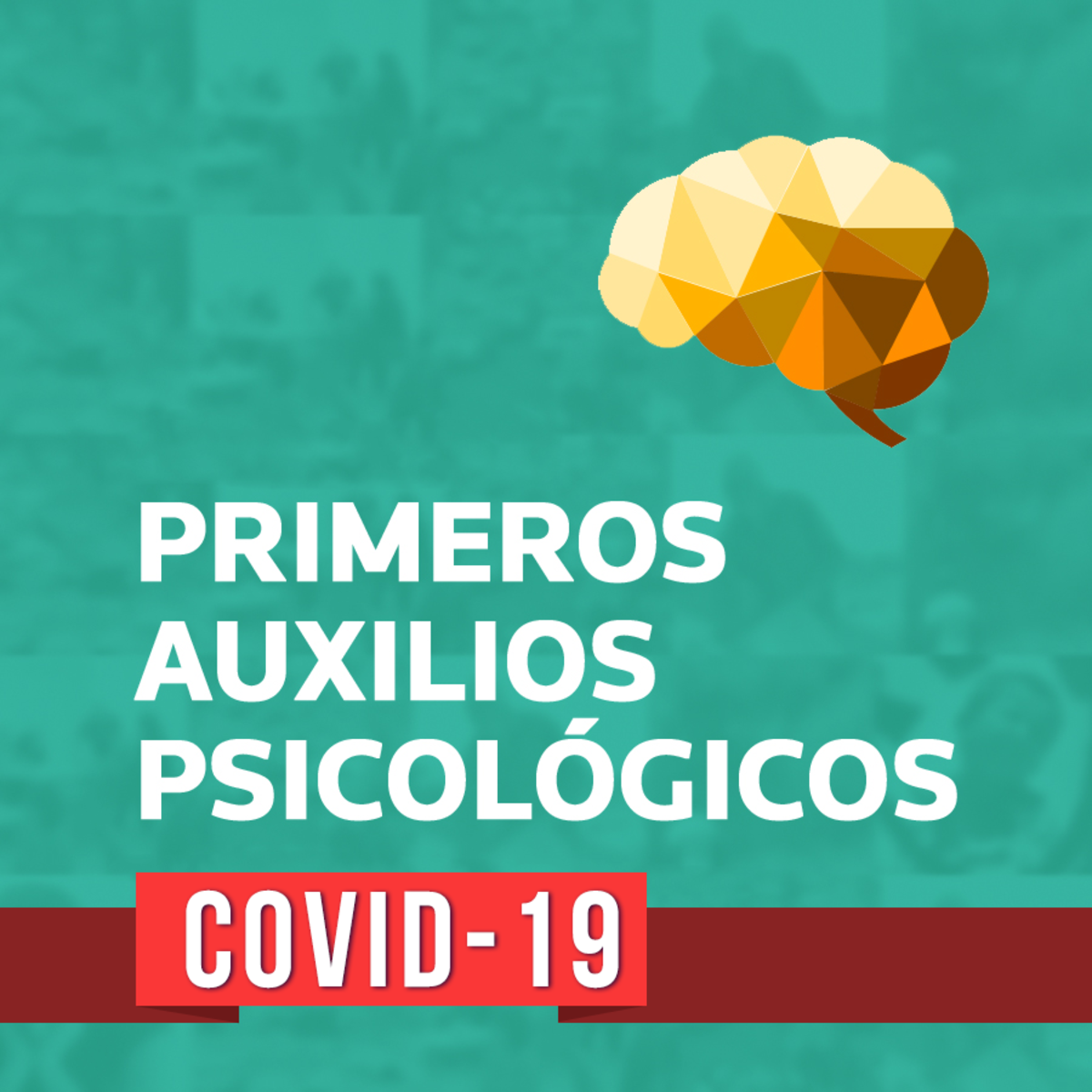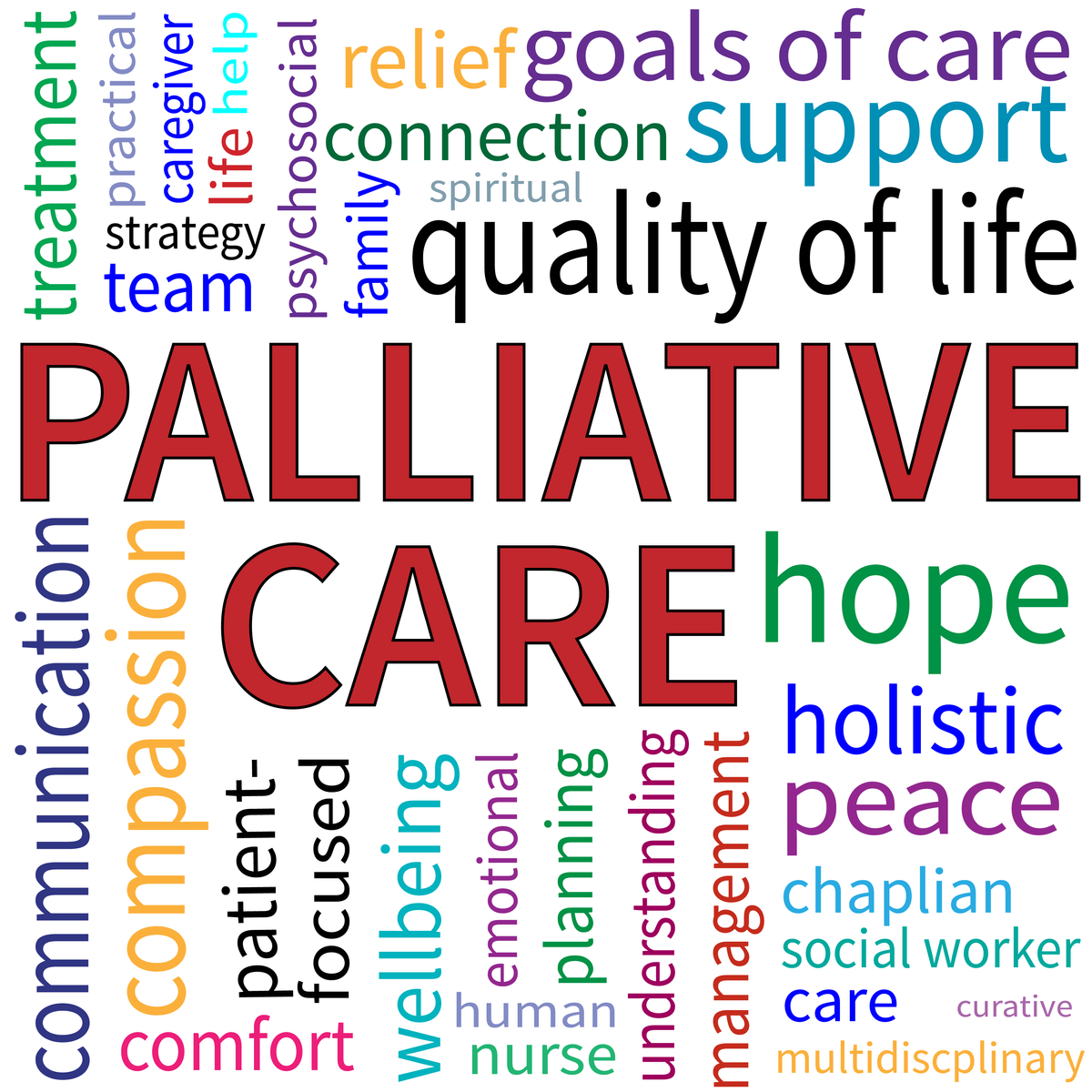Grief Counselor
A Comprehensive Guide to Becoming a Grief Counselor
Grief counseling is a specialized form of therapy dedicated to helping individuals navigate the complex emotional and psychological processes associated with loss. Grief counselors provide support, guidance, and coping strategies to those experiencing bereavement, whether due to the death of a loved one, the end of a significant relationship, job loss, or other major life changes that trigger a sense of loss. They work to help clients understand their grief, process difficult emotions, and gradually integrate the loss into their lives in a healthy way.
Working as a grief counselor offers the profound opportunity to make a tangible difference during some of the most vulnerable moments in people's lives. It involves deep listening, empathy, and the application of therapeutic techniques tailored to the unique experience of grief. This career path can be deeply rewarding for those drawn to helping others heal and find meaning after loss, offering a chance to witness resilience and facilitate growth in the face of adversity.
What Grief Counselors Do
Grief counselors play a crucial role in supporting individuals through the often overwhelming journey of loss. They help clients understand that grief is a natural response and that its expression varies greatly among individuals and cultures. By creating a safe and non-judgmental space, counselors empower clients to explore their feelings, memories, and the impact of the loss on their lives.
Defining the Role and Scope
The primary goal of a grief counselor is not to eliminate sadness but to help individuals cope with it effectively and integrate the loss into their ongoing lives. This involves normalizing the grieving process, identifying and addressing complicated grief reactions (such as prolonged or traumatic grief), and fostering healthy coping mechanisms. Counselors work with clients to find ways to remember their loved ones while reinvesting in their own lives and futures.
Counselors utilize various therapeutic approaches, often drawing from modalities like Cognitive Behavioral Therapy (CBT), attachment theory, narrative therapy, and existential therapy. They might facilitate individual sessions, family meetings, or group therapy settings, adapting their methods to the client's specific needs, cultural background, and the nature of their loss. The scope can range from short-term support immediately following a loss to longer-term therapy addressing deeper issues related to grief and adjustment.
The work requires patience, compassion, and strong ethical boundaries. Counselors must be adept at managing intense emotions—both the client's and their own—and recognizing when a client might need additional support, such as psychiatric care for severe depression or trauma.
Understanding the different ways grief manifests is key. While models like Elisabeth Kübler-Ross's five stages (denial, anger, bargaining, depression, acceptance) offer a framework, counselors recognize that grief is not linear or predictable. It can involve a wide range of emotions, physical symptoms, and cognitive changes.
These foundational concepts are often explored in introductory psychology and counseling courses. Understanding the nuances of human emotion and response to loss is critical for anyone considering this field.
Common Work Environments
Grief counselors practice in diverse settings, reflecting the broad need for grief support across society. Many work in healthcare environments, such as hospitals, palliative care units, and hospices, providing support to patients facing life-limiting illnesses and their families, as well as bereavement care after a death occurs.
Private practice is another common avenue, allowing counselors to offer specialized services, often focusing on specific types of loss (e.g., child loss, suicide bereavement, pet loss). Community mental health centers, non-profit organizations, and faith-based institutions also employ grief counselors to serve their communities, often providing accessible or low-cost services.
Other potential workplaces include funeral homes, schools (supporting students and staff after a loss), employee assistance programs (EAPs) within companies, and disaster response teams deployed after large-scale traumatic events. Each setting presents unique challenges and rewards, influencing the counselor's daily tasks and the populations they serve.
Palliative care settings frequently involve grief support, helping patients and families navigate end-of-life issues. Online courses can provide valuable insights into this specialized area.
Demand and Job Outlook
The need for qualified grief counselors is significant and growing. Factors contributing to this demand include an aging population, leading to more deaths from natural causes, and increased societal awareness of mental health needs, including bereavement support. Furthermore, events like pandemics, natural disasters, and acts of violence underscore the critical role of grief support professionals.
While the U.S. Bureau of Labor Statistics (BLS) does not track "Grief Counselor" as a distinct occupation, data for related fields is very positive. For instance, employment for substance abuse, behavioral disorder, and mental health counselors is projected to grow 18% from 2022 to 2032, much faster than the average for all occupations. This robust growth suggests strong demand for counseling professionals overall, including those specializing in grief.
Increased public understanding of trauma and its connection to grief also fuels demand. Organizations are recognizing the importance of providing grief support to employees, and schools are increasingly incorporating bereavement services. This expanding recognition translates into more opportunities for trained grief counselors across various sectors.
Core Competencies of a Grief Counselor
Effective grief counseling requires a unique blend of interpersonal skills, theoretical knowledge, and personal resilience. Practitioners must cultivate specific competencies to navigate the sensitive and emotionally charged landscape of loss with professionalism and compassion.
Essential Interpersonal Skills
At the heart of grief counseling lie strong interpersonal skills. Active listening is paramount – counselors must hear not only the words spoken but also the underlying emotions, meanings, and unspoken concerns. This involves paying full attention, reflecting understanding, and asking clarifying questions without interrupting the client's flow.
Empathy, the ability to understand and share the feelings of another, is crucial. Grief counselors must connect with their clients' pain without becoming overwhelmed by it. This requires maintaining appropriate professional boundaries while conveying genuine care and validation of the client's experience.
Excellent communication skills are also vital. Counselors need to explain complex psychological concepts in accessible language, provide clear guidance, and facilitate difficult conversations about death, dying, and loss. Patience and non-judgment are essential qualities, allowing clients to grieve at their own pace and in their own way.
Developing empathy is a continuous process. These resources explore the science and practice of empathy, which is fundamental to therapeutic relationships.
Crisis Intervention and Support Techniques
Grief can sometimes precipitate a crisis, especially in cases of sudden or traumatic loss, or when individuals lack adequate support systems. Grief counselors must be trained in crisis intervention techniques to assess risk (such as suicide risk or potential harm to others) and provide immediate support and stabilization.
This includes knowing how to de-escalate intense emotional states, developing safety plans, and connecting clients with emergency services or higher levels of care when necessary. Counselors also teach clients practical coping strategies to manage overwhelming feelings, anxiety, and depressive symptoms associated with grief.
Techniques might include mindfulness exercises, relaxation training, journaling prompts, and psychoeducation about the grieving process. Helping clients build a support network and access community resources is another key intervention strategy.
Understanding suicide risk and prevention is a critical aspect of crisis intervention in grief counseling. Specialized training enhances a counselor's ability to respond effectively in high-risk situations.
Cultural Competency in Grief
Grief is a universal human experience, but its expression, rituals, and meaning are deeply shaped by cultural, religious, and spiritual backgrounds. Grief counselors must possess strong cultural competency, recognizing that there is no single "right" way to grieve.
This involves understanding diverse beliefs about death, mourning practices, afterlife concepts, and family roles in bereavement. Counselors need to approach each client with humility, curiosity, and respect for their unique cultural context, avoiding assumptions based on their own background.
Developing cultural competency requires ongoing learning, self-reflection on one's own biases, and a willingness to adapt therapeutic approaches. It may involve consulting with cultural leaders or seeking specialized training to better serve diverse populations effectively and ethically.
Spirituality and religion often play a significant role in how individuals cope with loss. Training in spiritual competency helps counselors address these dimensions respectfully and effectively.
Exploring diverse spiritual and philosophical perspectives can broaden a counselor's understanding of how different cultures approach life, death, and meaning.
Self-Care and Preventing Burnout
Working closely with individuals experiencing intense pain and suffering inevitably takes an emotional toll. Grief counselors are particularly susceptible to burnout and compassion fatigue due to the nature of their work. Therefore, robust self-care practices are not just beneficial but essential for long-term sustainability and effectiveness in the field.
Self-care involves recognizing the signs of stress and burnout (e.g., emotional exhaustion, cynicism, reduced sense of accomplishment), setting firm boundaries between work and personal life, and engaging in activities that replenish energy and promote well-being. This might include regular exercise, mindfulness practices, hobbies, spending time in nature, and maintaining strong social connections.
Seeking regular supervision or peer consultation is critical for processing difficult cases, managing countertransference (the counselor's emotional reaction to the client), and receiving professional support. Personal therapy can also be invaluable for counselors to explore their own relationship with loss and maintain emotional health.
Building resilience is key to managing the emotional demands of counseling. These courses focus on developing psychological resilience and mindfulness skills.
Formal Education Pathways
Embarking on a career as a professional grief counselor typically involves a structured educational journey, culminating in advanced degrees and state licensure. Understanding these requirements is crucial for anyone planning to enter the field.
Undergraduate Foundations
The first step is usually obtaining a bachelor's degree. While no single major guarantees entry, degrees in Psychology, Social Work, Sociology, or Human Services provide a strong foundation. These programs introduce core concepts in human behavior, mental health, research methods, and ethical principles relevant to counseling.
Coursework often covers developmental psychology, abnormal psychology, counseling theories, and social welfare policies. Gaining volunteer or work experience in related settings (e.g., crisis hotlines, community centers, hospice volunteering) during undergraduate studies can be highly beneficial for clarifying career goals and strengthening graduate school applications.
Even at the undergraduate level, focusing electives on topics related to death, dying, loss, and lifespan development can be advantageous. Building a solid academic record and cultivating relationships with professors for mentorship and recommendations are important aspects of this stage.
Graduate Studies and Specialization
To practice independently as a grief counselor, a master's degree is typically required. Common graduate degrees include a Master of Arts (MA) or Master of Science (MS) in Counseling (often with specializations like Clinical Mental Health Counseling), a Master of Social Work (MSW), or a Master's in Marriage and Family Therapy (MFT). Some universities offer specialized graduate programs or certificates specifically in Grief Counseling or Thanatology (the study of death and dying).
Graduate programs delve deeper into counseling theories, assessment techniques, group therapy, ethics, multicultural counseling, and psychopathology. They crucially include supervised clinical experience through practicums and internships, where students begin applying their knowledge under the guidance of licensed professionals. This hands-on training is essential for developing practical counseling skills.
For those interested in research, teaching, or advanced clinical practice, a doctoral degree (Ph.D. or Psy.D. in Clinical or Counseling Psychology) may be pursued. This path typically leads to licensure as a Psychologist, which involves more extensive training and examination requirements.
Foundational counseling skills are taught in many graduate programs and introductory courses. This course offers a primer on basic counseling techniques.
Licensure Requirements
Licensure is mandatory in nearly all states for counselors who wish to practice independently and provide therapy. It's important to understand that there isn't a specific "Grief Counselor" license. Instead, practitioners obtain a license in a broader mental health field, such as Licensed Professional Counselor (LPC), Licensed Clinical Social Worker (LCSW), Licensed Marriage and Family Therapist (LMFT), or Licensed Psychologist.
Licensure requirements vary significantly by state but generally include:
- A specific master's or doctoral degree from an accredited institution (e.g., CACREP or APA accredited).
- Completion of a set number of supervised postgraduate clinical hours (often ranging from 2,000 to 3,000 hours).
- Passing a state-recognized licensing examination (e.g., the National Counselor Examination (NCE), National Clinical Mental Health Counseling Examination (NCMHCE), or the Examination for Professional Practice in Psychology (EPPP)).
- Passing a state-specific jurisprudence exam covering laws and ethics.
- Submitting an application with fees and undergoing a background check.
Prospective counselors should research the specific requirements of the state(s) where they intend to practice early in their educational journey. The American Counseling Association provides resources on state licensure boards.
Accreditation and Program Quality
Choosing an accredited graduate program is crucial for meeting licensure requirements and ensuring quality education. Key accrediting bodies include the Council for Accreditation of Counseling and Related Educational Programs (CACREP) for counseling programs, the Council on Social Work Education (CSWE) for social work programs, and the American Psychological Association (APA) for psychology programs.
Accreditation signifies that a program meets established standards for curriculum, faculty qualifications, student outcomes, and clinical training. Graduating from an accredited program often streamlines the licensure application process.
When evaluating programs, consider faculty expertise in grief and loss, opportunities for specialized coursework or internships in bereavement settings, program structure (online, hybrid, in-person), cost, and location. Connecting with current students or alumni can provide valuable insights into the program's quality and culture.
Non-Traditional Learning and Certification
While formal degrees and licensure are the standard pathway for clinical practice, alternative learning options and certifications exist that can enhance skills, provide specialized knowledge, or serve specific roles within the broader field of grief support.
Certification Programs
Professional certifications in grief counseling or thanatology are typically voluntary credentials that demonstrate specialized knowledge and commitment to the field. They are distinct from state licensure, which is legally required for independent clinical practice.
The most recognized certification is the Certification in Thanatology (CT) offered by the Association for Death Education and Counseling (ADEC). Eligibility usually requires a combination of relevant education (ranging from a high school diploma with extensive experience to a bachelor's degree or higher), specific hours of thanatology experience, continuing education in the field, and passing a comprehensive exam. ADEC offers resources and a community for professionals in the field.
Other organizations offer certifications specifically labeled as "Grief Counselor" or related titles (e.g., Grief Life Coach). The rigor and recognition of these certifications can vary widely. It's important to research the credentialing body, requirements, and acceptance within the professional community before pursuing such certifications. They can be valuable for professional development or for roles that don't require state licensure (e.g., support group facilitators, faith-based counselors, hospice volunteers).
Online certification programs can offer focused training in grief support skills, suitable for those looking to specialize or enter non-clinical roles.
Workshops and Specialized Training
Short-term workshops, seminars, and continuing education courses offer opportunities to deepen knowledge in specific areas of grief counseling. These might focus on particular types of loss, such as child loss, suicide bereavement, traumatic grief, pet loss, or disenfranchised grief (grief that is not socially acknowledged).
Training may also cover specific therapeutic techniques relevant to grief work, such as art therapy, narrative therapy, or mindfulness-based approaches. Professional organizations like ADEC, the American Counseling Association (ACA), and state licensing boards often list approved continuing education providers.
These focused trainings are valuable for both licensed professionals seeking to maintain their credentials and enhance their skills, as well as for individuals in related helping professions (e.g., nurses, clergy, teachers, funeral directors) who want to improve their ability to support grieving individuals.
Specialized training might address unique situations like estrangement or specific populations.
Online and Hybrid Learning
The rise of online education has made learning more accessible. Many universities now offer fully online or hybrid master's degree programs in counseling or social work, allowing students greater flexibility. Reputable online programs accredited by bodies like CACREP or CSWE meet the same rigorous standards as their on-campus counterparts.
Online platforms also host a vast array of non-degree courses, workshops, and certificate programs related to grief, loss, and counseling skills. These can be excellent resources for foundational learning, skill enhancement, or exploring the field before committing to a full degree program. OpenCourser aggregates thousands of such courses, allowing learners to search and compare options easily.
When choosing online options, especially for formal degrees, verify accreditation status. For non-degree courses, consider the instructor's credentials, course content, reviews, and relevance to your learning goals. Online learning requires self-discipline but offers convenience for balancing education with work or family commitments.
Palliative care, closely related to grief support, is another area where online learning offers comprehensive training options.
Career Progression for Grief Counselors
A career in grief counseling offers various pathways for growth, specialization, and leadership. Progression often depends on experience, further education, licensure level, and individual interests.
Entry-Level Opportunities
Graduates with a master's degree and initial licensure (or working towards licensure under supervision) typically start in roles where they gain broad experience. Common entry-level positions include bereavement coordinator in a hospice or hospital, counselor in a community mental health agency, or case manager in social services.
These roles involve providing direct counseling services (individual and group), coordinating support programs, conducting assessments, and collaborating with interdisciplinary teams. Early career professionals focus on honing their clinical skills, building confidence, and understanding the complexities of grief work in real-world settings under supervision.
Volunteering or working part-time in related fields during graduate studies can provide a competitive edge when seeking initial employment. Networking through professional organizations and internships is also crucial.
Specialization Paths
With experience, grief counselors often develop expertise in specific areas. Specialization allows practitioners to focus their skills and knowledge, potentially leading to greater professional satisfaction and recognition.
Common specializations include working with specific populations (e.g., children and adolescents, older adults, military families), addressing particular types of loss (e.g., traumatic death, perinatal loss, suicide survivors), or focusing on specific settings (e.g., oncology, disaster response, schools).
Pursuing advanced training or certifications (like the ADEC CT credential) can solidify specialization. Some counselors might blend grief work with other areas, such as trauma therapy, substance abuse counseling, or marriage and family therapy, offering more comprehensive care.
Related counseling fields offer potential avenues for specialization or career pivots.
Leadership and Entrepreneurship
Experienced grief counselors may move into leadership roles. This could involve supervising junior counselors or interns, managing bereavement programs in healthcare or community settings, developing new services, or engaging in policy advocacy related to end-of-life care and mental health.
Some may pursue roles in education, teaching counseling courses at universities or leading professional development workshops. Others might contribute to research in thanatology, advancing the field's understanding of grief and effective interventions.
Entrepreneurship is another path, with many seasoned counselors establishing private practices. This offers autonomy in setting fees, hours, and therapeutic approaches but also requires business management skills (marketing, billing, administration). Building a successful private practice often involves developing a strong reputation and referral network.
Ethical Challenges in Grief Counseling
Grief counseling operates within a complex ethical landscape. Practitioners must navigate sensitive situations with professionalism, adhering to ethical codes established by licensing boards and professional organizations to protect client welfare and maintain public trust.
Navigating Boundaries and Dual Relationships
Maintaining clear professional boundaries is paramount. Given the emotional intensity of grief work, the line between supportive care and inappropriate closeness can sometimes blur. Counselors must avoid dual relationships – situations where they have another role or connection with the client outside of therapy (e.g., friend, business associate).
This can be particularly challenging in small or close-knit communities where paths might cross socially. Counselors must proactively manage these situations, discuss potential conflicts of interest with clients and supervisors, and prioritize the therapeutic relationship above all else. Setting clear expectations about the limits of the counseling relationship from the outset is crucial.
Long-term client relationships, common in grief work as individuals navigate anniversaries or subsequent losses, also require careful boundary management to avoid dependency and ensure the focus remains on the client's growth and autonomy.
Cultural Sensitivity and Rituals
Ethical practice demands profound respect for the client's cultural, spiritual, and religious beliefs surrounding death, mourning, and the afterlife. Counselors must avoid imposing their own values or judging practices that differ from their own.
This includes understanding and respecting diverse mourning rituals, beliefs about communication with the deceased, and family structures related to bereavement support. Counselors should inquire respectfully about these aspects of a client's background and integrate them into the therapeutic process when appropriate.
Failure to practice cultural humility can lead to misunderstandings, ruptures in the therapeutic alliance, and potentially harmful interventions. Continuous education and self-reflection are necessary to uphold ethical standards of cultural competence.
These readings explore diverse perspectives on life, death, and meaning, which can inform culturally sensitive practice.
Confidentiality and Legal Obligations
Confidentiality is a cornerstone of therapy, allowing clients to share sensitive information in a safe environment. However, confidentiality is not absolute. Grief counselors have legal and ethical obligations to breach confidentiality under specific circumstances.
These typically include situations where there is imminent risk of harm to the client or others (e.g., suicidal or homicidal ideation), suspected child or elder abuse or neglect, or when required by a court order. Counselors must be knowledgeable about their state's specific laws regarding mandatory reporting and the duty to warn/protect.
Informing clients about the limits of confidentiality during the initial intake process is an ethical requirement. Careful documentation of risk assessments, interventions, and any breaches of confidentiality is also essential for legal protection and ethical accountability.
Technological Impact on Grief Counseling
Technology is increasingly influencing how grief support is delivered and experienced. While offering new possibilities, it also introduces unique challenges and ethical considerations for practitioners.
Teletherapy and Remote Support
Teletherapy platforms (using video conferencing, phone calls, or secure messaging) have significantly expanded access to grief counseling, particularly for individuals in remote areas, those with mobility issues, or those preferring the convenience of home-based sessions. Online support groups and forums also provide accessible peer support.
However, teletherapy requires counselors to ensure privacy and data security, complying with regulations like HIPAA in the U.S. They must also adapt their techniques for a virtual environment, assessing non-verbal cues differently and ensuring clients have a safe, private space for sessions. Establishing rapport and managing crises remotely can also present unique challenges.
Practitioners need training in telehealth best practices and must verify that their license permits practice across state lines if seeing clients in different locations. Choosing secure, reliable platforms is essential.
Digital Tools and AI
Various digital tools are emerging to support the grieving process. Apps may offer guided meditations, journaling prompts, or psychoeducational resources about grief. Digital memorialization platforms allow people to create online tributes and share memories, potentially aiding the grieving process for some.
Artificial intelligence (AI) is also entering the mental health space. AI-powered chatbots may offer basic emotional support or coping strategies, although their effectiveness and ethical implications, particularly in sensitive areas like grief, are still under scrutiny. Predictive analytics might one day help identify individuals at high risk for complicated grief, but concerns about privacy and bias remain.
Counselors should critically evaluate the appropriateness and limitations of such tools, ensuring they complement rather than replace human connection and professional judgment. Ethical guidelines for using AI in mental health are still evolving.
Privacy and Cybersecurity
The increased use of digital communication and record-keeping in counseling necessitates stringent attention to privacy and cybersecurity. Grief counselors handle highly sensitive client information, making data breaches a significant risk.
This requires using secure electronic health record (EHR) systems, encrypted communication methods (email, messaging), strong passwords, and secure networks. Counselors must be vigilant about phishing scams and other cyber threats.
Staying informed about data privacy regulations (like HIPAA and GDPR) and implementing robust security measures are ethical obligations. Clients should be informed about how their data is stored and protected.
Frequently Asked Questions
Navigating the path to becoming a grief counselor often raises practical questions. Here are answers to some common inquiries.
Can I become a grief counselor without a psychology degree?
Yes, while a psychology background is common, it's not the only route. Bachelor's degrees in social work, sociology, human services, or even related fields in the humanities can provide a suitable foundation. The key requirement for clinical practice is typically a master's degree in a relevant field like counseling, social work, or marriage and family therapy from an accredited institution, followed by state licensure.
Some non-clinical roles in grief support (e.g., support group facilitator, hospice volunteer coordinator) may not require a specific degree or license, though specialized training or certification is often beneficial.
How does salary progression compare to other counseling specialties?
Salaries for grief counselors are generally comparable to other master's-level mental health professionals like general mental health counselors or marriage and family therapists. According to 2023 BLS data, median annual wages were around $53,710 for substance abuse, behavioral disorder, and mental health counselors, and $58,510 for marriage and family therapists. Some sources suggest average grief counselor salaries might fall within this range or slightly higher, potentially around $60,000-$67,000 depending on sources and definitions, but BLS doesn't track it separately.
Salary progression depends heavily on factors like years of experience, level of education (doctorate holders typically earn more), licensure status, work setting (private practice often has higher earning potential but less stability than agency work), geographic location, and any additional specializations or certifications. Compared to some highly specialized fields or those requiring doctoral degrees (like clinical psychology), the earning potential might be moderate, but it aligns with many helping professions.
What are common misconceptions about the role?
A common misconception is that grief counselors aim to "fix" or eliminate sadness. In reality, their goal is to help clients understand, cope with, and integrate their grief, recognizing it as a natural, albeit painful, process. Another is that grief follows predictable stages; counselors know it's often messy, non-linear, and unique to each individual.
Some may assume the work is constantly depressing. While emotionally demanding, counselors often find deep meaning in helping others navigate loss and witness resilience. Finally, some might think anyone who has experienced loss can be a grief counselor; while personal experience can foster empathy, professional training, skills, and ethical grounding are essential.
These books offer insights into the nature of grief and finding meaning after loss, countering simplistic views.
Is there demand for male grief counselors?
Yes, absolutely. While counseling professions historically have had more female practitioners, there is a definite need and demand for male grief counselors. Some clients, particularly men or boys, may feel more comfortable opening up to a male therapist.
Having diversity among counselors, including gender diversity, allows clients more choice and increases the likelihood of finding a therapist they connect with. Male counselors can also serve as role models, challenging societal norms that sometimes discourage men from expressing vulnerability or seeking help for emotional pain.
How do counselors handle personal grief while practicing?
This is a critical aspect of self-care and ethical practice. Counselors are human and experience losses too. It's vital they engage in their own grief work, potentially through personal therapy, support groups, or supervision, to process their feelings and ensure their personal experiences don't negatively impact their professional judgment or ability to support clients.
Maintaining strong professional boundaries, utilizing supervision for difficult cases, and taking time off when needed are essential. If a counselor feels their personal grief is impairing their ability to work effectively, they have an ethical obligation to seek support and potentially refer clients temporarily until they feel capable again.
Learning effective coping strategies is crucial for both counselors and their clients.
Are niche certifications worth pursuing early-career?
While foundational education and licensure are the priority, niche certifications can be valuable, even early on, depending on career goals. Certifications demonstrate specialized interest and knowledge, potentially making a candidate more attractive for specific roles (e.g., a hospice position might value a thanatology certification).
However, gaining broad clinical experience under supervision is often the most crucial focus in the early career stages. Certifications should ideally complement, not replace, solid foundational training and supervised practice. Consider whether a certification aligns with your desired work setting or population, and weigh the cost and time commitment against the potential benefits for your career trajectory.
Finding Your Path in Grief Counseling
Exploring a career as a grief counselor is a significant decision, one that requires careful self-reflection and research. It's a path that demands emotional resilience, deep empathy, and a strong commitment to ethical practice, but it offers the profound reward of helping others navigate one of life's most challenging experiences.
If you are considering this field, whether as a student, a career changer, or a practicing professional looking to specialize, take the time to understand the educational requirements, licensure processes in your region, and the day-to-day realities of the work. Informational interviews with current grief counselors can provide invaluable insights.
Utilize resources like OpenCourser to explore relevant educational programs, from foundational courses in psychology and health & medicine to specialized training in counseling techniques and palliative care. You can save courses to a list to compare options and plan your learning journey. Remember that continuous learning and self-care are integral parts of a sustainable and effective career in grief counseling.
Helpful Resources
For those seeking more information or professional connections, these organizations are key resources in the field of grief counseling and thanatology:
- Association for Death Education and Counseling (ADEC): The primary interdisciplinary organization offering certification (CT), conferences, publications, and networking opportunities. adec.org
- National Board for Certified Counselors (NBCC): Administers key licensing exams (NCE, NCMHCE) and offers board certification. nbcc.org
- American Counseling Association (ACA): A major professional organization for counselors, offering resources, ethical guidelines, and information on state licensure. counseling.org
- Council for Accreditation of Counseling & Related Educational Programs (CACREP): Accredits master's and doctoral degree programs in counseling. cacrep.org
- U.S. Bureau of Labor Statistics (BLS) Occupational Outlook Handbook: Provides data on job outlook, salaries, and requirements for related counseling fields. Search for "Substance Abuse, Behavioral Disorder, and Mental Health Counselors" or "Marriage and Family Therapists." bls.gov/ooh/
Embarking on the path to becoming a grief counselor is a journey of both professional development and personal growth. It requires dedication, continuous learning, and a deep capacity for compassion. While challenging, it offers a unique opportunity to provide meaningful support and facilitate healing during life's most difficult transitions.
















